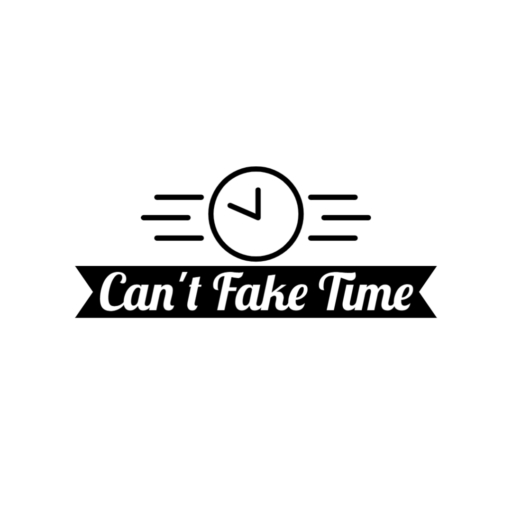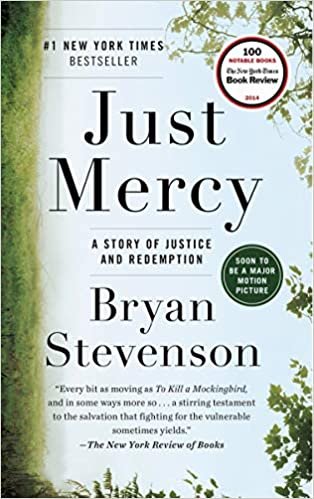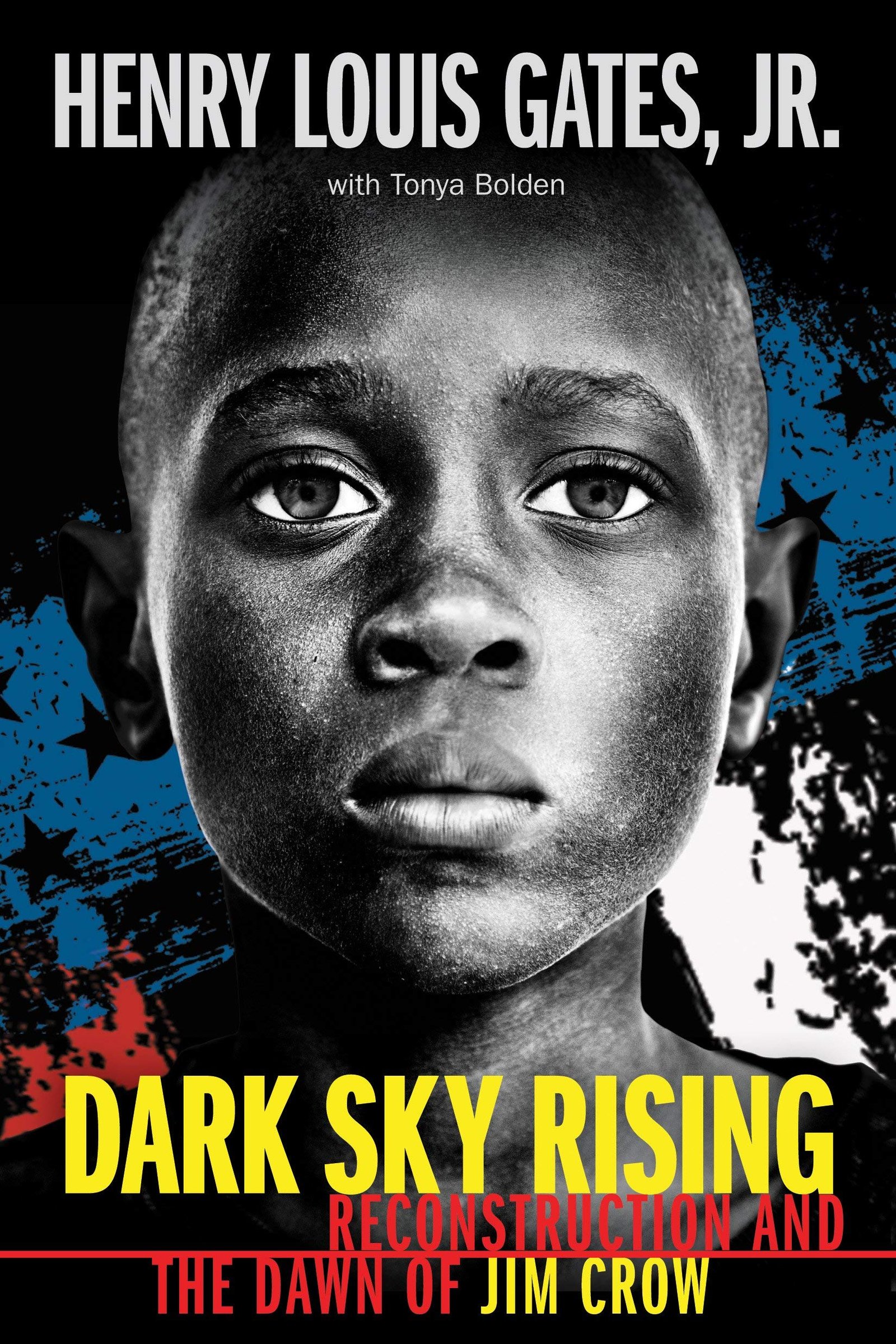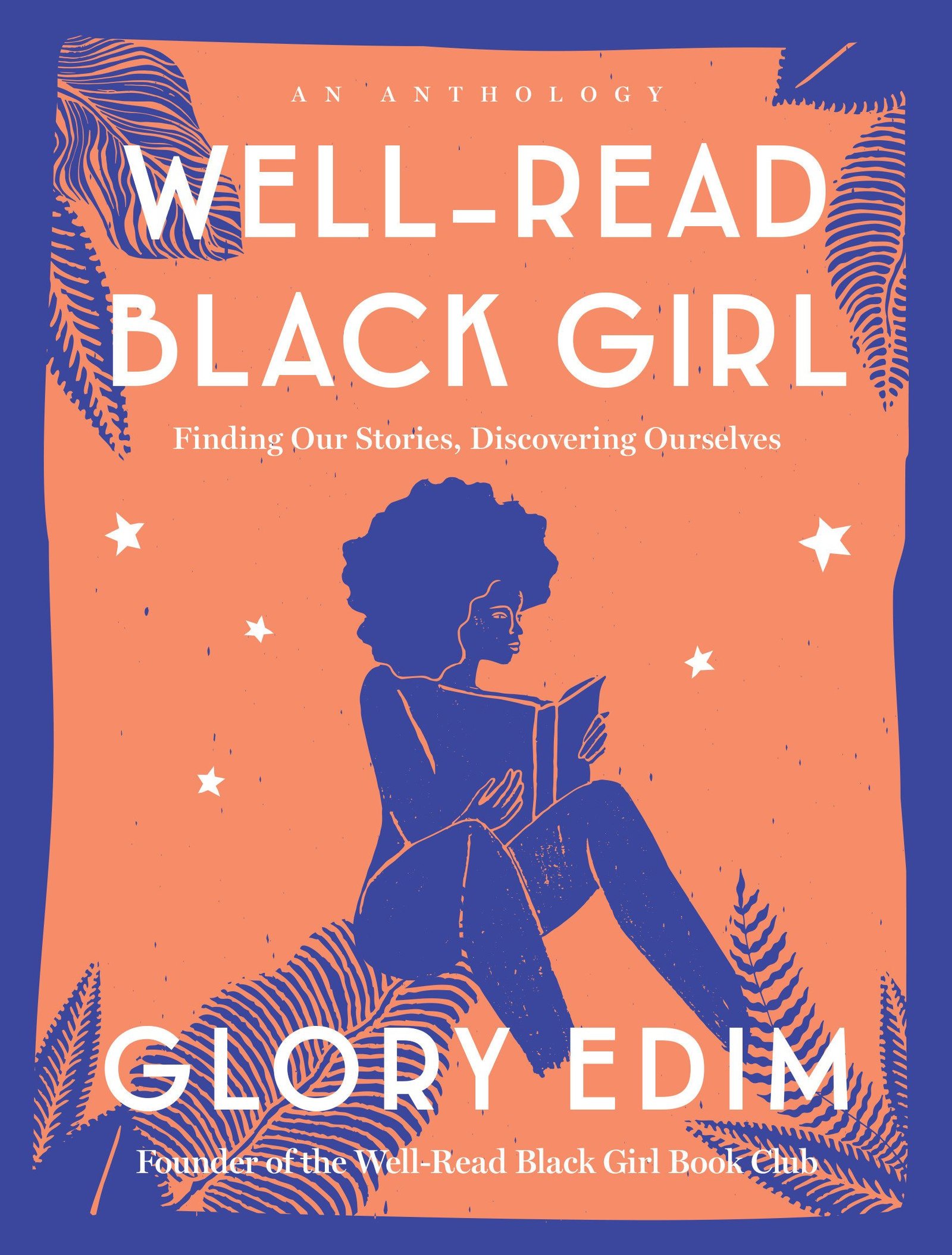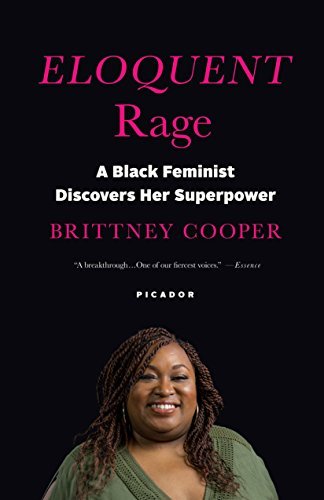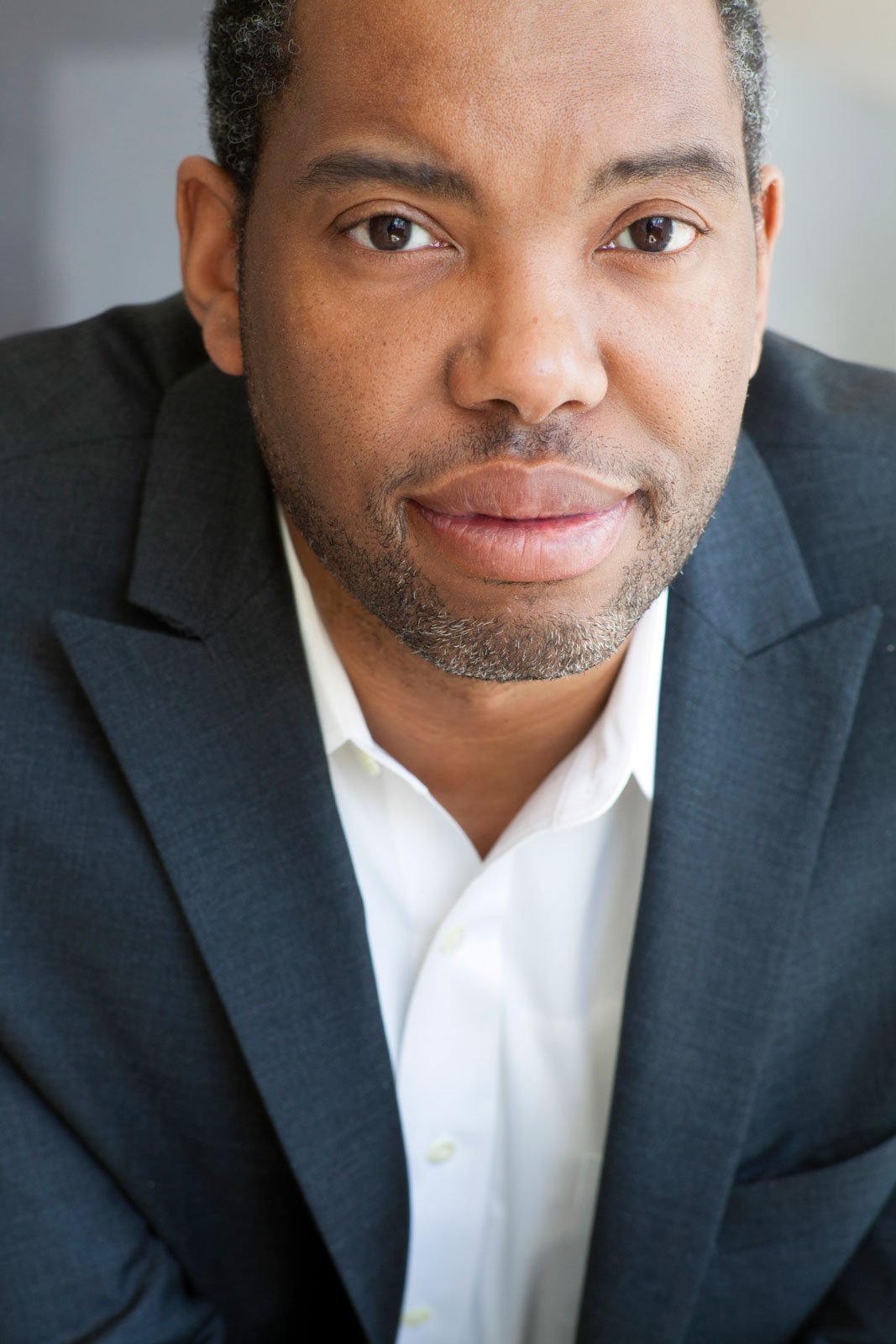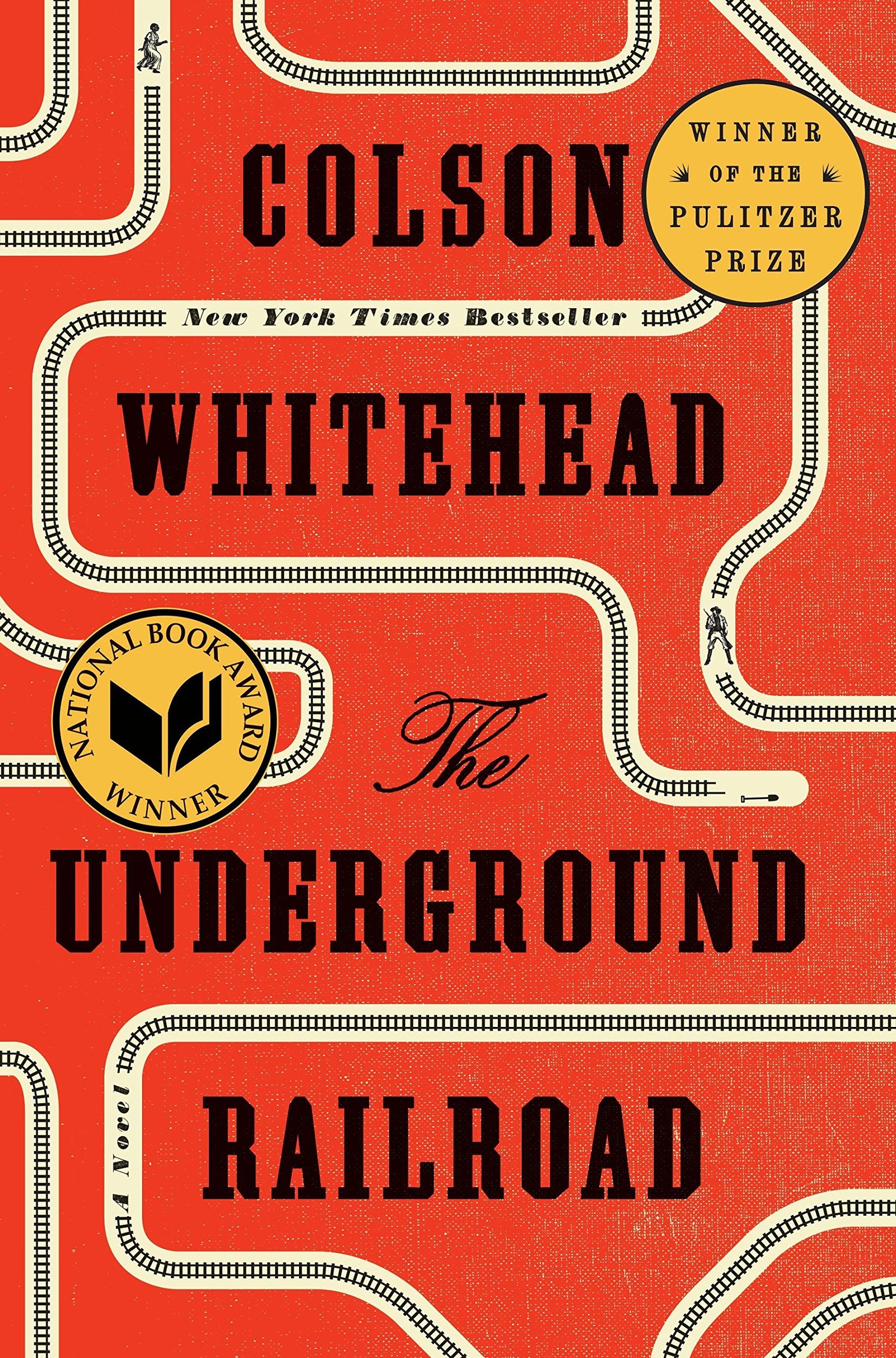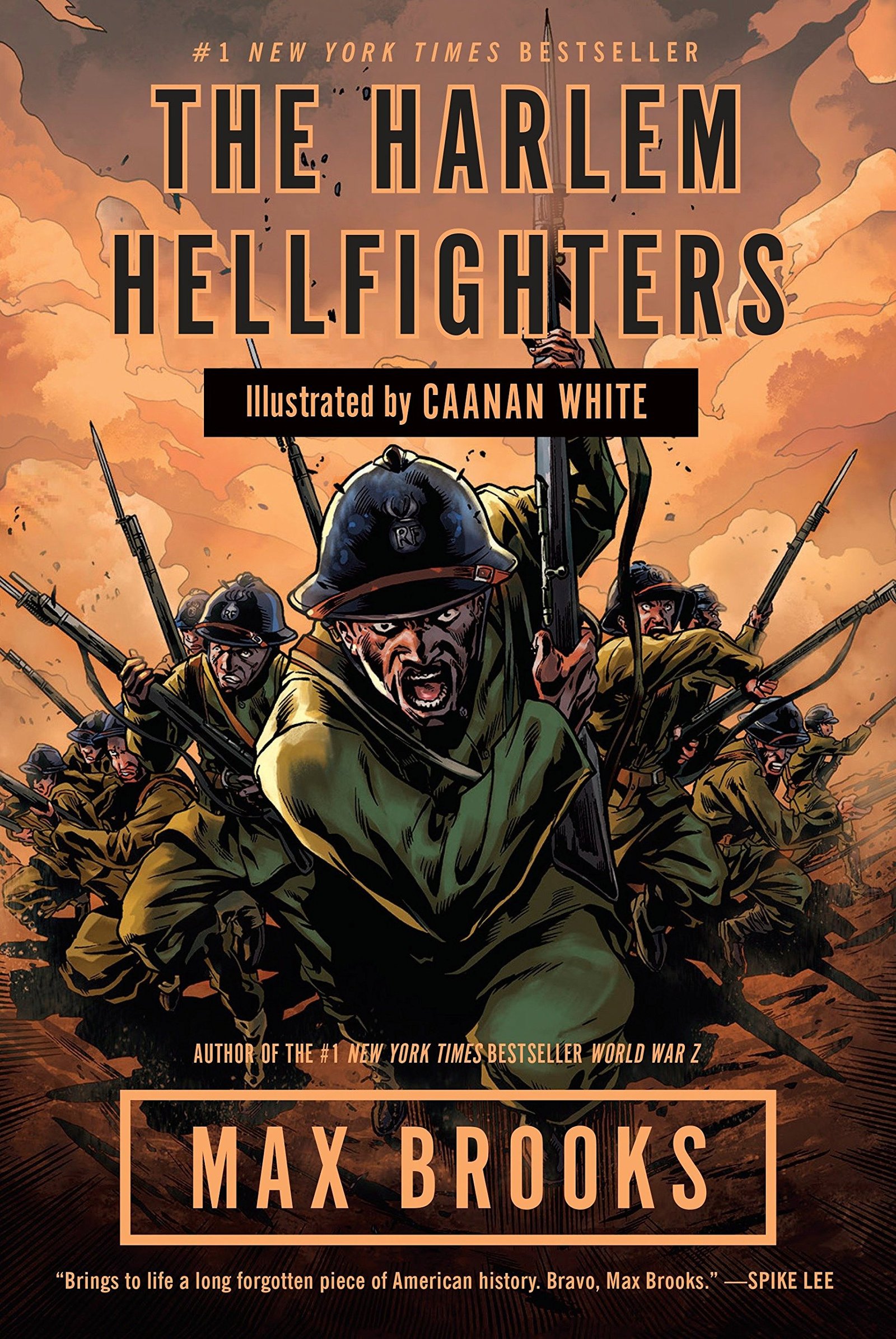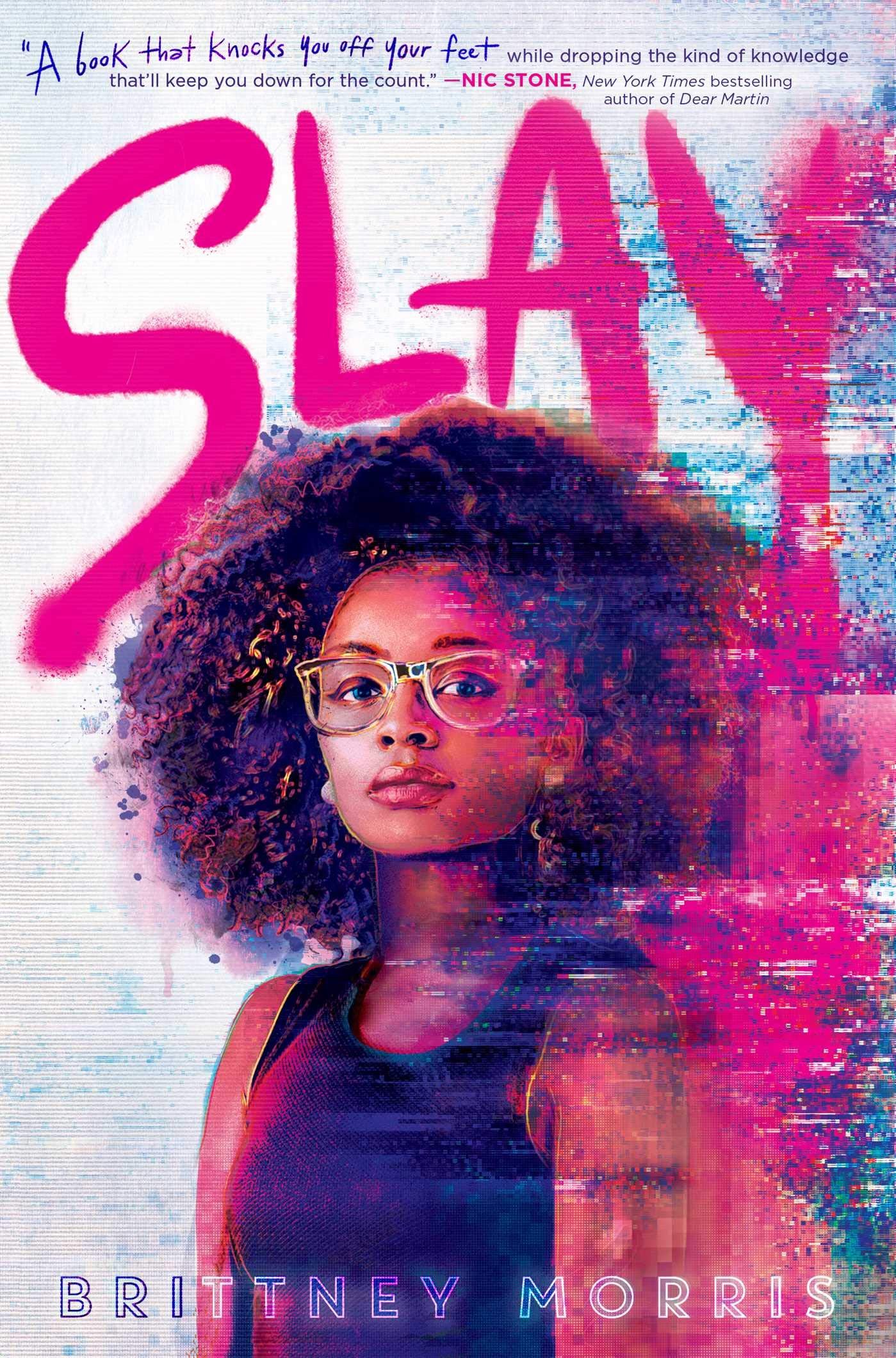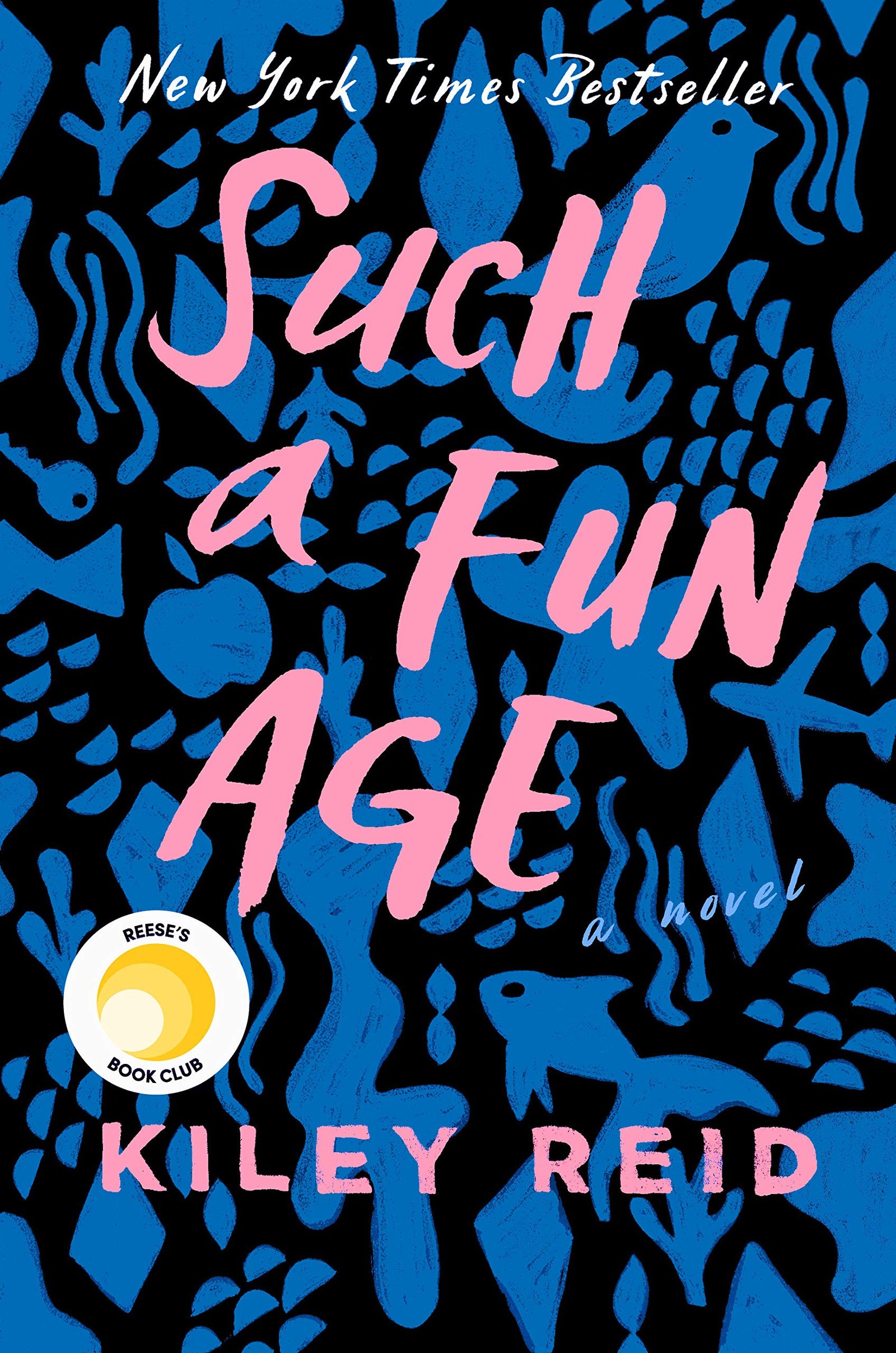I’m sorry this post is delayed – February 2020 felt rather normal, but by March, the world was falling apart and the truth is that I lost a lot of my drive to write. However, with the recent incidents bringing racism into the forefront again and again and again – Central Park Karen, Ahmaud Arbery, Breonna Taylor, and George Floyd – I was brought back to the month I spent immersing myself into black literature.
I’m a big reader. In honor of Black History Month, I decided to set a goal to ten read books by black authors. I already read a lot of books exploring social justice, and I was hoping to shift that focus from just learning about racism, injustice, oppression, etc, to really exploring the experiences and stories that black writers had to tell me.
To be honest, some of it was a struggle – I noticed quickly that I, as a white woman, was not the intended audience for many of these books. In fact, I saw myself sometimes cast as the antagonist in these stories. Which forced me to reflect: how often is the case the reverse? How often do people of color see themselves portrayed as the criminal, the terrorist, the rapist, the murderer, the problem?
I appreciated the opportunity to really walk a mile in the shoes of someone with a very different experience, and I invite you to do the same with these amazing titles!
Just Mercy by Bryan Stevenson
As I said, I am a reader. I devour books like a starving man at a buffet. And this book, like none I can recall before it, required me to put it down. I would sob, listening in the car on the way to school, and know my face would be blotchy in first period. I would cry cooking dinner, and know that I really did need to see through my tears so what I was chopping wasn’t a finger…
This book is a memoir of a lawyer who worked on death row in Alabama, not all that long ago. It shows the cases he lost, and the downright heroic victories he won, and the way he swam upstream for every inch of ground. This book was also made into a film recently, so if you’re not a reader, you can still appreciate the story!
Dark Sky Rising by Henry Louis Gates Jr. and Tonya Bolden
This is an incredible book geared toward young adults that explores the history of the Civil War through the beginning of Jim Crow. For most of my life, I would absolutely have summarized this era as, “Slavery was bad, so we fought the civil war. The South lost, so we progressed from slavery to segregation and then eventually to civil rights around the 60s. Right?”
But no – there is so much more to the story. One day, when I was reading during SSR in class, I put the book down and asked my students when they believed the first black person was elected to congress. All their answers ranged from maybe the 70’s to the 90’s, and they were shocked to learn that no, it was 1870, during the incredible period where black people thrived that was the Reconstruction. This book makes those lost stories really accessible for young readers.
Well-Read Black Girl collected by Glory Edim
This book is a collection of essays by black, female writers, exploring the first books where they “saw” themselves and the impact this had on them as women and as artists. As an English teacher, there’s nothing more heartwarming than hearing how books were formative for young people, but I couldn’t help but ask, “If these are the books that changed lives, why are these not on my assigned reading lists?” Toni Morrison came up many times, but not the particular book that I teach (Home).
Biggest advantage: A substantial set of books to put on my list. My next is The Bluest Eye.
Eloquent Rage by Brittney Cooper
However, her perspective is so well-argued, so impactful, that it was really awesome to see my marriage in a new context. This book is absolutely difficult, and might not be for white people just getting started in their social-justice reading, but if you’re comfortable with being uncomfortable, this book offers smart insights that you won’t find everywhere.
I fell in love with Coates’ writing, so I had to read both of his books. His background is in journalism, but I swear, he writes more like a poet. You will not find finer or more incisive prose.
He’s another writer whose unapologetic arguments pushed my thinking – he made me feel the extent to which I need a wider base of understanding of black intellectuals and literaries over time. He was critical of everyone from WEB DuBois, to Dr. King, to Obama, all of whom I had a limited but complementary knowledge of. He had a lot to say about Malcolm X, who I know little to nothing about. Coates sparked my curiosity, which I love – there is such a substance and richness to these leaders, but they were human, and I must acknowledge that my perception is, well, whitewashed. I have to honestly wonder: are these the civil rights’ perspectives that I was allowed to learn about for a reason? What other perspectives or voices were too controversial to make it into the curriculum I was delivered, and what might their merits have been? I can’t wait to learn more, now that the door of inquiry has been opened.
Coates also has a new novel out, The Water Dancer, that’s absolutely on my list for this summer.
Underground Railroad by Colson Whitehead
This book was historical fiction, following the saga of a pair or escaped slaves. The literal railroad featured in the book is fantastical, but not the struggles the characters face as they navigate the tenuousness that passed for “freedom.” It’s also on Oprah’s book club!
This book really made me reflect on what it might be like for even modern black people to exist in our society. We talk a big game about “liberty and justice for all,” but they know that isn’t true. Nowadays, the “Georgia” or the “slave catcher” might be metaphorical, but all the same, it’s more pervasive. “Georgia” is a traffic stop, or a phone call from a white woman. This book did a masterful job of showing the way the psyche can be on constant alert, constant surveillance, because the threat is real, and you never know when it will come for you. Powerful.
Harlem Hellfighters by Max Brooks
This was one of the few graphic novels I’ve read – I don’t have strong visual literacy. (I blame the
Japanese manga comics I tried as a child, and didn’t realize you’re supposed to read them backwards…)
This story followed a troop of black soldiers into WW1, chronicling their struggles to even serve their country as well as those that followed as they did. This resonated with me as I read some of The 1619 Project around the same time – it floors me to think about the service and sacrifice and bravery that these black men demonstrated, and for a country that had promised the sky and effectively delivered dirt for them. Black people have always believed in the promises of America more fervently than anyone else, and they deserve the fulfillment thereof.
Slay by Brittney Morris
It was too funny – when I finished Slay, I reached out to Steph in absolute delight because I had found such a gem! …Only to have her remind me that she, too, had reached out in delight about this book a while ago.
You know how it is: there are too many recommendations to keep up.
Slay is a novel about a high school senior who creates an elaborate online game that is exclusive to black people. When a real-world murder occurs between players, the news gets wind of the game, and – inevitably – the ideas of “racism against white people” or “reverse racism” spring forth. This book does the important work of addressing these problematic ideas while showing black beauty, strength, and creativity in all its glory.
Such a Fun Age by Kiley Reid
This novel follows a professional nanny, a black woman who looks after a white toddler. Early in the book, the family calls her at a party with an emergency: their house has been vandalized, and could she come look after the baby while the police took the report? Seeing as she was at a party – and dressed as such – this becomes a problem when she escapes with the child to a local grocery store, where her party-dress, obvious loitering, and a mismatched white baby cause a viral video.
I loved this book for it’s complicated characters and situations. It effectively shows the nuances of white liberal racism. You can equally see how the white characters mean well, but also how their thinking and behavior is problematic, and just what a mess interracial dynamics can be.
As a teacher, I always want to have more diverse books in my curriculum, but it was really impactful to just decide to immerse myself – not necessarily because I’m looking for a “diverse text,” no end game in mind, but because I wanted to open my mind to see what the stories were and what I could learn from them. Lo and behold, the stories were beautiful and smart and important and, at times, heartbreaking, but I left this endeavor feeling inspired and challenged and uplifted. I hope everyone reading will choose at least one from this list – educate yourself, combat racism, and bask in the intelligence and beauty of our black authors.
Here’s an amazing link where you can go to find even more awesome reads!
